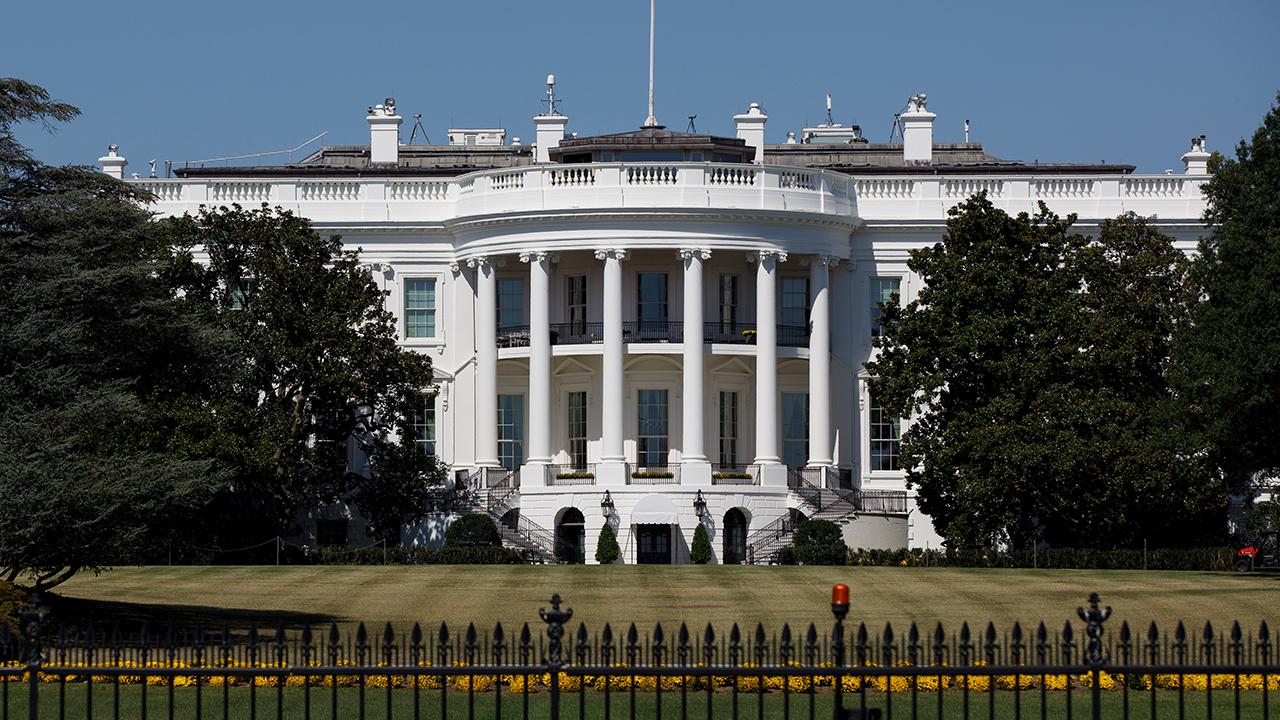Trump administration eyes $1T price tag for next coronavirus relief package
Some Senate Republicans are starting to balk at the nation's ballooning deficit -- risking support for another virus relief package
The White House wants to limit the cost of the fourth coronavirus relief package at $1 trillion or less amid growing concerns among some Republican senators over the nation's ballooning deficit, according to a senior administration official.
Negotiations between Congress and the Trump administration on another round of virus-related stimulus are set to begin in earnest later this month after lawmakers return to Washington from their two-week Fourth of July break.
WHAT WILL THE NEXT VIRUS RELIEF BILL LOOK LIKE? CONGRESS MULLS STIMULUS CHECKS, BACK-TO-WORK BONUSES
But some administration officials are concerned that if the aid package is worth more than $1 trillion, the White House risks losing pivotal support from fiscally conservative Senate Republicans who are starting to balk at the unprecedented debt and spending levels.
"Hopefully we’ll learn from our first three bills in terms of what works and what doesn’t," Sen. John Kennedy, R-La., said Tuesday. "The undercurrent here, at least on my side of the aisle, is the fact that we owe $3 trillion and climbing. This is real debt. And that doesn’t even include the $3 trillion we added to Federal Reserve balance sheet."
In the first eight months of the fiscal year, the U.S. deficit soared to $1.9 trillion, the Congressional Budget Office said in June. The gap between what the government spends and what it collects for fiscal 2020 is expected to hit $3.7 trillion, a record. The current record for a fiscal year deficit is $1.41 trillion, set in 2009.
TRUMP BACKS SECOND STIMULUS CHECK, BUT SOME DEMOCRATS, REPUBLICANS WEARY OF ANOTHER PAYMENT
Congress has already approved three massive stimulus packages totaling nearly $3 trillion to offset the economic pain triggered by the outbreak of the virus and subsequent lockdown. That includes the $2.2 trillion CARES Act signed into law at the end of March, which sent one-time payments of up to $1,200 to Americans; established the Paycheck Protection Program and expanded unemployment benefits by $600 per week through the end of July.
The House is scheduled to start its recess by Aug. 3, and the Senate is expected to follow one week later. Senate Majority Leader Mitch McConnell has said he wants to finish work on the next round of aid by then.
SECOND STIMULUS CHECK STILL ON THE TABLE DESPITE BETTER-THAN-EXPECTED JOBS REPORT
Although a better-than-expected June jobs report raised questions about whether additional aid is needed -- it showed employers added 4.8 million jobs last month and the unemployment rate ticked down to 11.1 percent -- a recent resurgence in COVID-19 cases has threatened to derail the economy's nascent recovery from the worst downturn since the Great Depression. Close to 48 million Americans have lost their jobs over the past three months.
What the next stimulus bill will look like remains unclear, but certain measures that are on the table include another stimulus check for individuals earning less than $40,000, payroll tax relief and limited liability protection for businesses.
EXTRA $600 IN UNEMPLOYMENT BENEFITS ENDS NEXT MONTH AS MILLIONS OF AMERICANS REMAIN OUT OF WORK
The administration is also interested in targeted relief for industries hit hardest, like hotels and restaurants. Money for that aid could stem from the Paycheck Protection Program, the $670 billion fund designed to keep small businesses afloat and avert mass layoffs during the crisis. There's roughly $132 billion left over in the fund; last week, Congress voted to extend the application period for the program through Aug. 8.
Sen. Marco Rubio, the chair of the Small Business Committee, is working on legislation backed by the Trump administration that would create new programs to expand uses for the funds, including allowing chambers of commerce to apply for the aid. The bill would set aside $25 billion for businesses with fewer than 10 employees and prevent hotel or restaurant chains from receiving more than $2 million.
FOX Business' Edward Lawrence contributed to this report




















